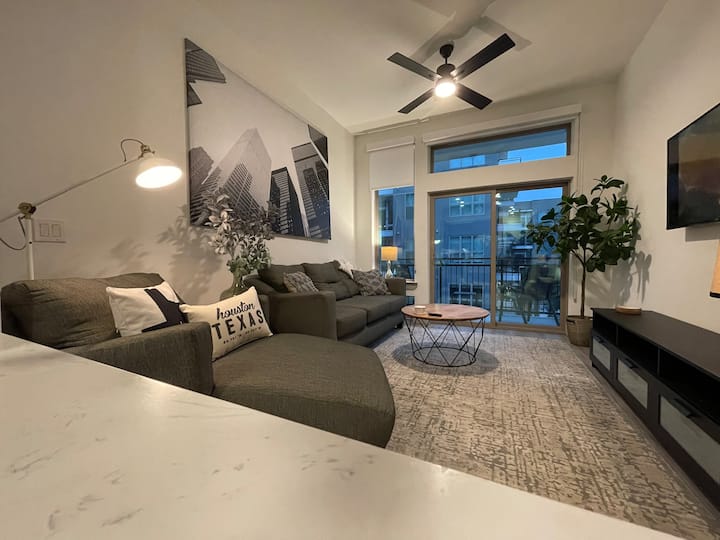Short term rentals are a form of accommodation that involves renting out a fully furnished property, such as a house, apartment, or room, to guests for a short period of time. Typically, these rentals are for less than 30 days, and they have become increasingly popular in recent years due to the rise of online platforms like Airbnb, Vrbo, and HomeAway.
The practice of short term rentals has been around for a long time, but the rise of these online platforms has made it easier than ever for property owners to list and market their properties to a wider audience. These platforms allow hosts to create listings that include detailed descriptions of their property, photos, and reviews from previous guests. Guests can search for properties based on their location, amenities, and price, and can communicate with hosts directly to ask questions and book their stay.
Short term rentals can be used for a variety of purposes, including vacation rentals, business trips, and temporary housing for people who are relocating or in between homes. They can offer guests more space, privacy, and amenities than traditional hotel rooms, and can be a cost-effective alternative for longer stays.
Short term rentals can be rented out by individual property owners or managed by professional property managers. Property owners who rent out their properties on a short term basis can generate extra income and cover some of their costs, such as mortgage payments, property taxes, and maintenance fees. Professional property managers can provide services like cleaning, maintenance, and guest communication to make the process easier for property owners.
However, short term rentals are not without their risks and challenges. For hosts, there are risks associated with property damage, liability, and compliance with local regulations and zoning laws. For guests, there can be risks associated with safety, security, and the quality of the property.
Local regulations and zoning laws can vary widely depending on the location of the property. Some cities and municipalities have strict rules governing short term rentals, while others have more relaxed regulations. In some cases, short term rentals may be banned altogether.
Despite these challenges, short term rentals are a popular and growing trend in the hospitality industry. They offer guests a unique and personalized experience, while providing property owners with a flexible and potentially lucrative income stream. As the market for short term rentals continues to evolve, it is important for both hosts and guests to understand the risks and challenges involved, and to take steps to mitigate those risks and ensure a safe and enjoyable experience for everyone involved.


Comments (24)
photoshop crack
adobe photoshop crack
acrobat crack
adobe acrobat crack
premiere pro crack
adobe premiere pro crack
filmora crack
filmora crack 2025
Lightroom crack
adobe Lightroom crack
adobe after effects crack
after effects crack
illustrator crack
adobe illustrator crack
disk drill crack
JetBrains crack
JetBrains PyCharm crack
Wallpaper Engine crack
Wallpaper Engine free 2025
valorant hack 2025
valorant aimbot
valorant cheat
capcut crack
capcut pro crack
Comments are closed.